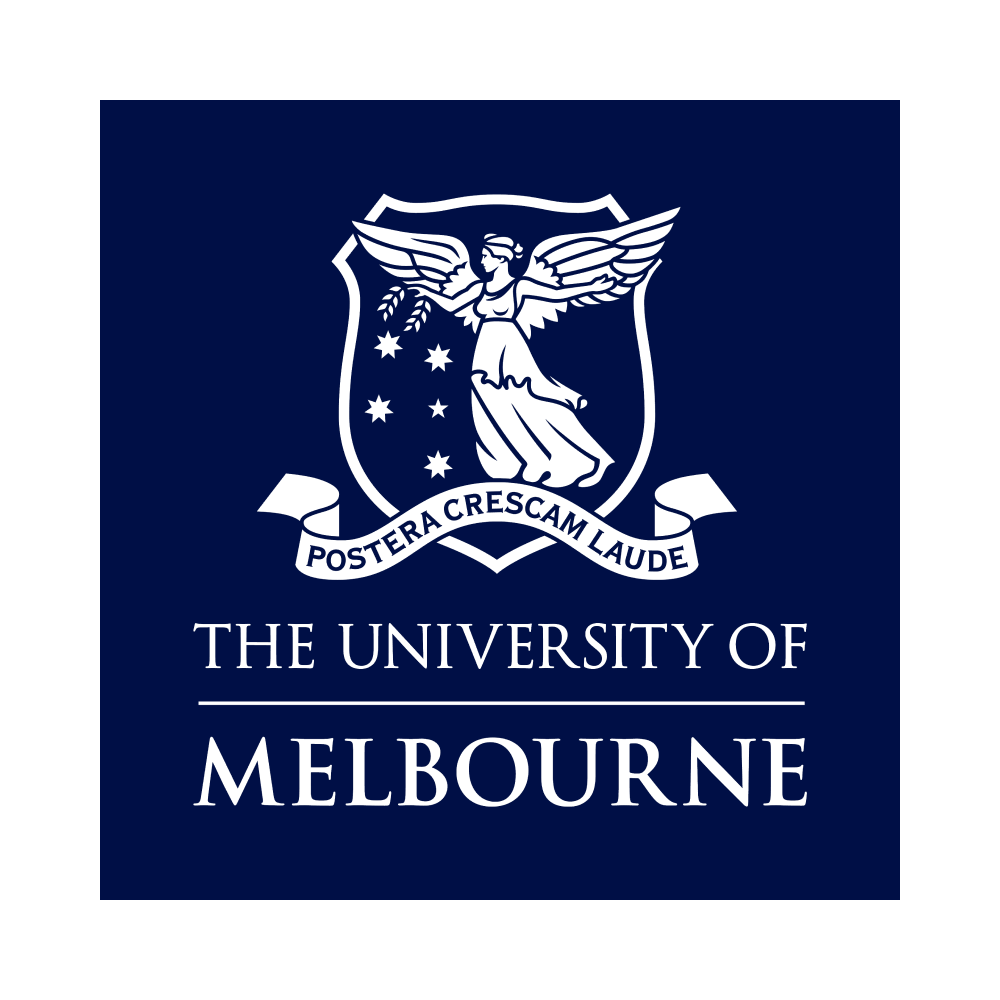University of Melbourne
Master of Intellectual Property Law
- Delivery: Face to Face
- Study Level: Postgraduate
- Duration: 12 months
- Course Type: Master's
Sharpens you into a confident, future-ready IP specialist, blending rigorous legal training with real-world insight so you can protect ideas that actually matter.

Course overview
The Master of Intellectual Property Law is one of the largest and most respected specialist IP law programs in the world. The extensive range of practically-focused and theoretically-rigorous subjects covers the spectrum of IP protection regimes. Many subjects are accredited by the Trans-Tasman IP Attorneys Board (TTIPAB).
This course is available for both law and non-law graduates. Its flexible structure makes it ideal for working professionals looking to immerse themselves in the study of intellectual property law.
Key features
- Become an accredited patent attorney. Seek accreditation as a patent and/or trade marks attorney in Australia and New Zealand upon graduation (existing lawyers only, dependent on subject selection).
- For legal and non-legal backgrounds. Expand your expertise in intellectual property law, relevant to a wide range of industries and roles.
- Flexible delivery. Designed with busy working professionals in mind, our subjects are delivered flexibly, usually through five-day intensives. Subjects are taught online, on-campus, or as a hybrid of both.
Key facts
June, 2026
July, 2026
August, 2026
December, 2026
What you will study
Students must complete 100 credit points in total. Each subject is valued at 12.5 credit points.
Students with a law degree from a common law jurisdiction should complete the following:
- A minimum of 50 credit points of IP subjects
- Up to 50 credit points for IP-relevant subjects
Students without a law degree from a common law jurisdiction should complete the following:
- 12.5 credit point foundation subject Fundamentals of the Common Law
- A minimum of 50 credit points of IP subjects
- Up to 37.5 credit points for IP-relevant subjects
Students who do not have a law degree from a common law jurisdiction must complete the following subject below:
- Fundamentals of the Common Law
Entry requirements
To be considered for entry into this course, you must have completed one of the following:
- Bachelor of Laws degree (LLB) (AQF7) or a Juris Doctor (JD) (AQF9) leading to admission to legal practice with a weighted average mark (WAM) of 70%, or equivalent.
- Bachelor of Laws degree (LLB) (AQF7) or a Juris Doctor (JD) (AQF9) or equivalent, leading to admission to legal practice and two years of documented relevant experience.
- Bachelor's degree (AQF7) or equivalent in a cognate (relevant) discipline and two years of documented relevant experience.
- Bachelor's degree (AQF7) or equivalent in a cognate (relevant) discipline, completed four graduate-level subjects in a cognate graduate diploma and one year of documented relevant experience.
Cognate (relevant) disciplines include: Science, technology.
Relevant experience for this course may include legal roles such as a lawyer, solicitor, advocate, attorney, counsel, barrister, magistrate, or judge's associate or roles such as a trainee patent attorney, or in research and development fields, including pharmaceuticals or technology.
English language requirements
All applicants to the University of Melbourne must satisfy the English language requirements. This may be achieved in a number of ways, including a recognised previous study taught and assessed entirely in English or an approved English language test.
Contact the university or visit its website for more information.
Recognition of Prior Learning
Prior studies may be credited towards your degree and potentially reduce the duration of your course. This is known as Advanced Standing (also known as credit or recognition of prior learning). Contact the university for more details.
Outcomes
Learning outcomes
The Master of Intellectual Property Law is well-regarded in the industry. Graduate with a highly employable mix of in-depth IP law knowledge and practical, industry-relevant skills.
Career outcomes
No matter your professional ambitions, you’ll graduate with the expertise and skills you need to advance your legal career or become an IP expert in your industry.
Employers include:
- Specialist IP law firms
- Corporate legal departments in technology, pharmaceuticals, media firms and more
- Consulting firms
- Start-up and tech incubators
- Government
Fees and FEE-HELP
Indicative first-year and total course fee in 2026: $49,984 (domestic full-fee paying place)
All costs are calculated using current rates and are based on a study load of 100 credit points (normally eight subjects).
Student fees may vary in accordance with:
- The number of subjects studied per term.
- The choice of major or specialisation.
- Choice of subjects.
- Credit from previous study or work experience.
- Eligibility for government-funded loans.
You may also need to pay the student services and amenities fee.
Student fees shown are subject to change. Contact the university directly to confirm.
FEE-HELP loans are available to assist eligible full-fee paying domestic students with the cost of a university course.








